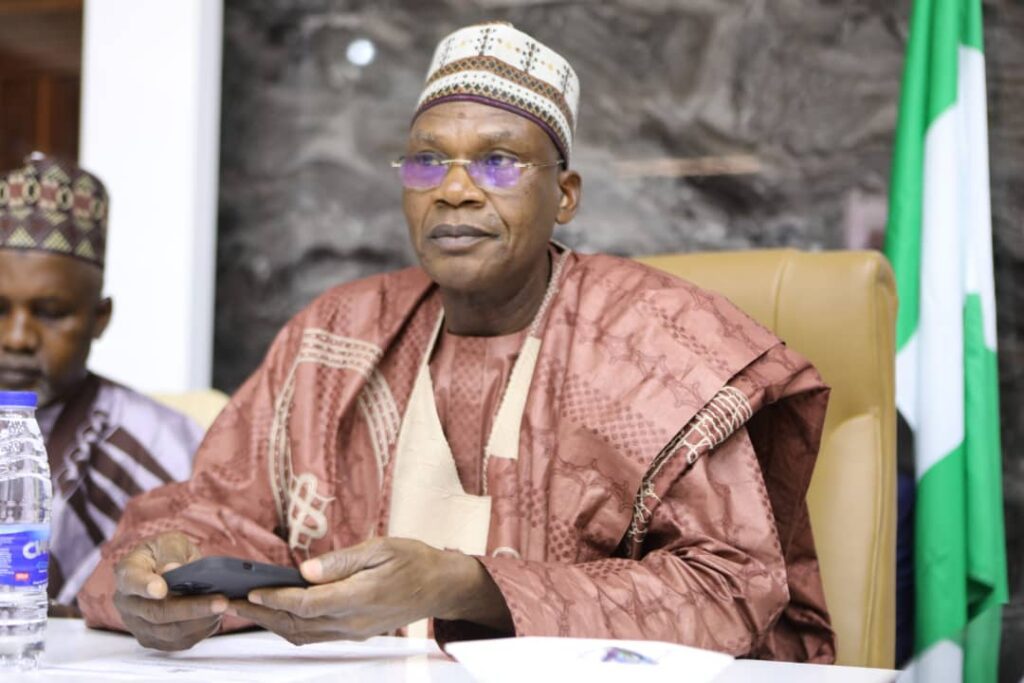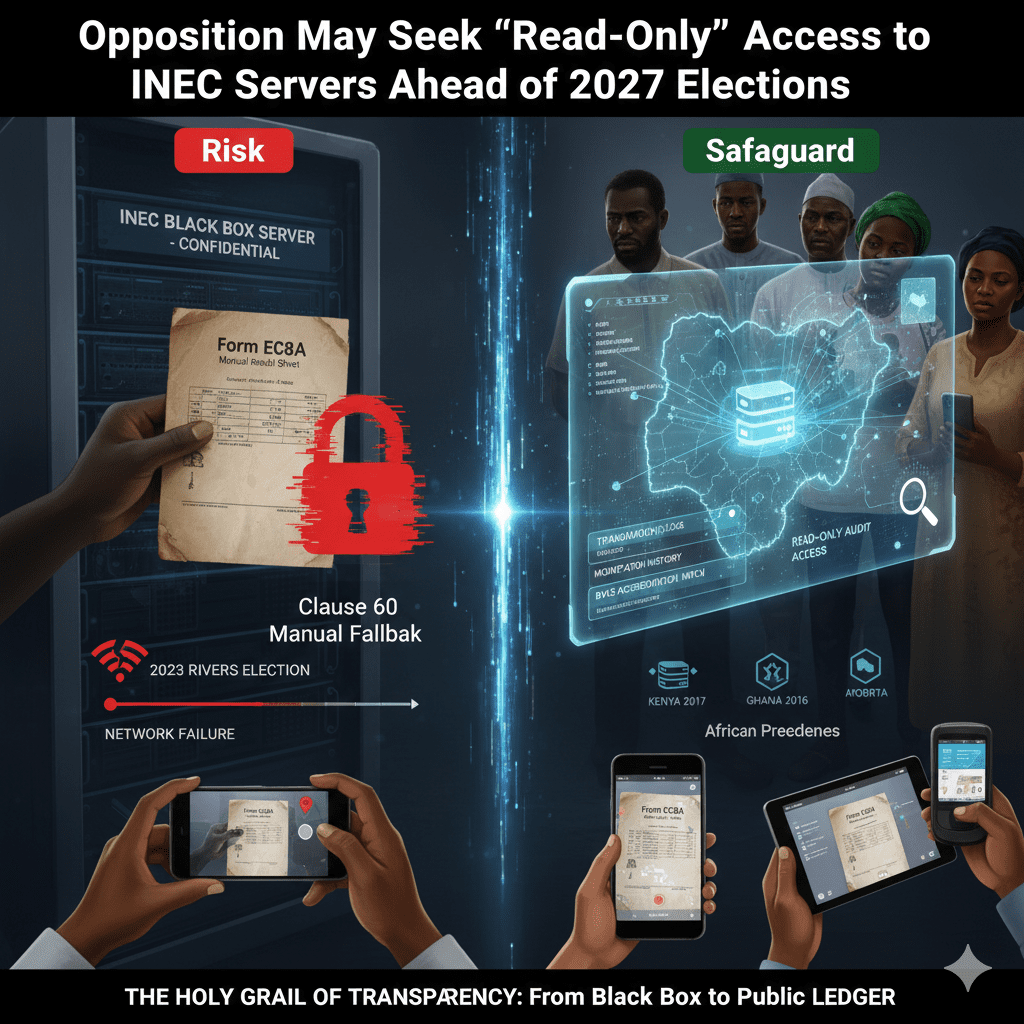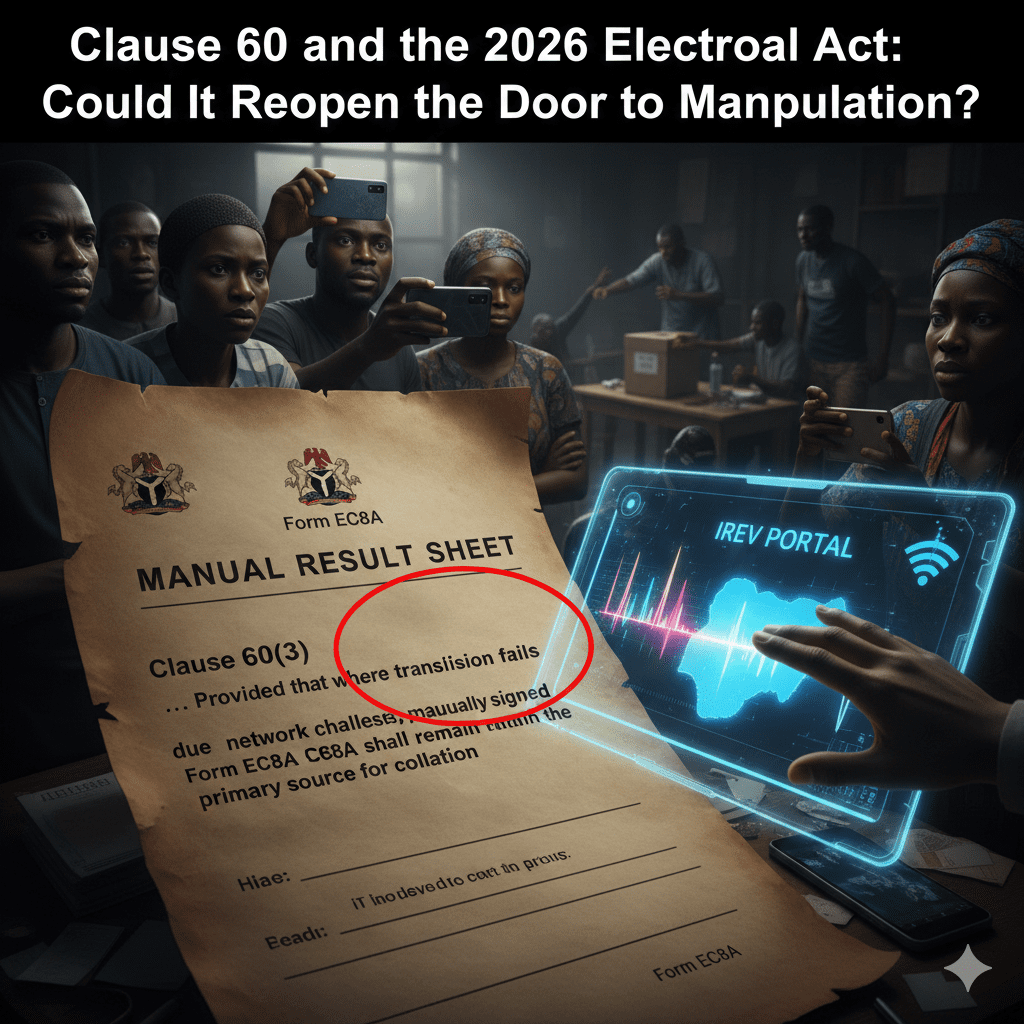Last Updated on 24 July 2024

In light of a planned nationwide protest set for August 1, the Federal Government of Nigeria has convened an emergency meeting today. This meeting follows President Bola Tinubu’s appeal to protest organizers, urging them to postpone their demonstrations to allow his administration more time to implement programs aimed at alleviating public grievances.
The meeting, which is scheduled for 10 AM at the Office of the Secretary to the Government of the Federation, will include key figures such as Secretary to the Government, George Akume, and Special Advisers on various matters. A circular detailing the meeting emphasized the importance of attendance, indicating the government’s serious approach to the rising public discontent over economic hardships.
The planned protests have gained momentum on social media, trending under hashtags like #EndBadGovernance and #TinubuMustGo. These demonstrations are largely driven by frustrations over the escalating cost of living, attributed to recent economic reforms including the removal of fuel subsidies and the floating of the naira.
Despite the mounting pressure, the government has urged the youth to reconsider their plans. Minister of Information, Mohammed Idris, reiterated the President’s message, stating that there is no justification for the protests and emphasizing the administration’s commitment to addressing the concerns of the populace. He pointed to initiatives such as the swift passage of the National Minimum Wage Bill and the distribution of food supplies to states as evidence of the government’s dedication to improving citizens’ welfare.
Idris also highlighted the establishment of a Student Loan Board aimed at providing financial support for eligible students, ensuring that access to education is not hindered by economic constraints. Furthermore, the government is developing a support scheme for graduates who have not yet found employment after completing their National Youth Service.
On the security front, Inspector-General of Police Kayode Egbetokun expressed concerns about the potential for violence, recalling the aftermath of the #EndSARS protests in 2020, which resulted in widespread destruction and loss of life. He cautioned against the planned protests, labeling them as ill-advised and reaffirming the police’s commitment to maintaining order and protecting citizens.
The Special Adviser on Information and Strategy, Bayo Onanuga, characterized the calls for protests as treasonous, accusing political opponents of inciting unrest. In contrast, the Labour Party has denied these allegations, asserting that peaceful demonstrations are a fundamental democratic right.
Former Vice-President Atiku Abubakar and the Peoples Democratic Party (PDP) have defended the right to protest, emphasizing that citizens must be allowed to express their grievances peacefully. They criticized the government’s attempts to suppress these rights, highlighting the constitutional guarantee of peaceful assembly.
The Federal Capital Territory Minister, Nyesom Wike, dismissed the protests as political maneuvers by those seeking to gain popularity, while the Cross River State Government has urged residents to refrain from participating, citing the potential for violence.
The Nigerian government is actively addressing the rising tensions surrounding the planned protests while emphasizing its commitment to economic reforms and public welfare. The situation remains delicate, with various political entities and civil society groups advocating for the right to peaceful protest amidst calls for restraint from the authorities.








